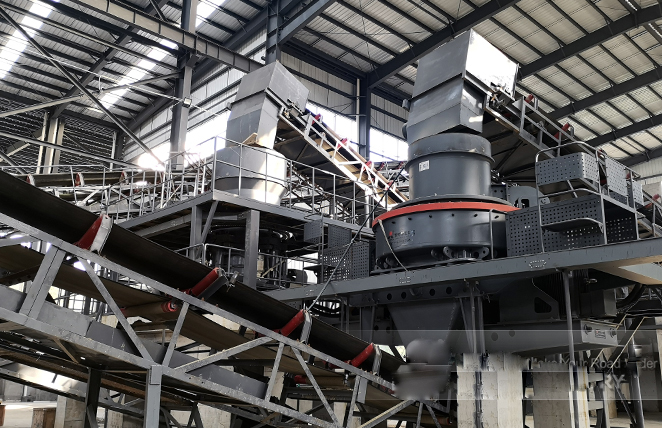Cement clinker production is a crucial part of the cement manufacturing process, and Kenya has a growing cement industry with several clinker plants. Clinker is the intermediate product in cement production, created by heating limestone and other raw materials in a kiln at high temperatures. Here are some key points about cement clinker plants in Kenya:
Major Cement Companies with Clinker Plants in Kenya:
1. Bamburi Cement
– Part of the LafargeHolcim Group, Bamburi Cement is one of the largest cement manufacturers in Kenya.
– The company operates a clinker plant in Mombasa, which serves its grinding plants across the region.
2. East African Portland Cement Company (EAPCC)
– EAPCC has a clinker production facility in Athi River, near Nairobi.
– The company has faced challenges in recent years but remains a significant player in the industry.
3. National Cement (Devki Group)
– National Cement, part of the Devki Group, operates a clinker plant in Kajiado County.
– The company has been expanding its production capacity to meet growing demand.
4. Mombasa Cement
– Mombasa Cement has invested heavily in its clinker production facility near Vipingo, Kilifi County.
– The plant is one of the largest in East Africa and supports both local and export markets.
5. Savannah Cement
– Savannah Cement operates a grinding plant but sources its clinker from its sister company, Cemtech Limited, which has a clinker plant in West Pokot County.
 Key Features of Clinker Production in Kenya:
Key Features of Clinker Production in Kenya:
– Raw Materials: Kenya has abundant limestone deposits, particularly in coastal regions and parts of the Rift Valley, which are essential for clinker production.
– Energy Requirements: Clinker production is energy-intensive, and companies are increasingly adopting alternative fuels and energy-efficient technologies to reduce costs and environmental impact.
– Environmental Concerns: The cement industry is under pressure to reduce carbon emissions and adopt sustainable practices. Some plants are investing in carbon capture technologies and using waste materials as alternative raw materials.
– Export Potential: Kenya’s clinker plants not only serve the local market but also export to neighboring countries like Uganda, Tanzania, Rwanda, and South Sudan.
.jpg) Challenges Facing Clinker Plants in Kenya:
Challenges Facing Clinker Plants in Kenya:
1. High energy costs due to reliance on imported coal and electricity.
2. Environmental regulations requiring investments in cleaner technologies.




